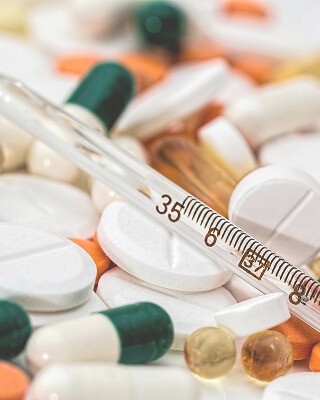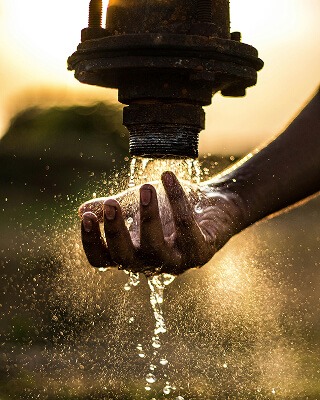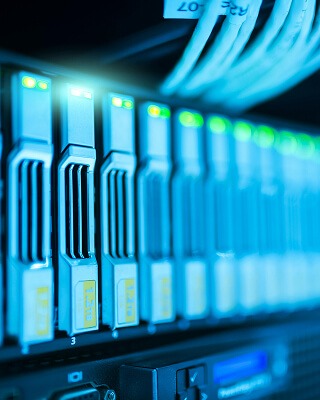Pharmaceuticals
Introduction to Industry
Water is an essential resource in the Pharmaceuticals industry, serving as a key ingredient, solvent, and cleaning agent throughout drug manufacturing and research. It is used in formulation, raw material processing, dilution, and sterilization, ensuring the safety and efficacy of pharmaceutical products. Different grades, such as purified water, water for injection (WFI), and sterile water, are required for specific applications, each adhering to strict regulatory standards. Additionally, water plays a crucial role in cooling systems, laboratory testing, and equipment cleaning, maintaining operational efficiency and product integrity. As sustainability and efficiency become industry priorities, optimizing water treatment, reuse, and wastewater management is essential for reducing environmental impact, lowering costs, and ensuring compliance with global health regulations.
Current Challenges
Water treatment in the pharmaceutical industry is complex due to strict regulatory standards from organizations like the USP, EU Pharmacopeia, and WHO, requiring ultra-pure water free from contaminants and microorganisms. Achieving this purity demands energy-intensive processes such as reverse osmosis, ultrafiltration, and distillation, leading to high operational costs. Additionally, maintaining system reliability and minimizing downtime is crucial for continuous production and compliance.
Pharmaceutical wastewater presents another challenge, often containing active pharmaceutical ingredients (APIs), solvents, and organic contaminants that conventional treatments struggle to remove. With growing pressure for sustainable water management, the industry must adopt innovative, automated, and scalable solutions that optimize water use, enhance resource recovery, and ensure compliance—without compromising efficiency or quality.
What's Being Done Now?
What Hydroleap Brings to the Sector
Introduction to Industry
Water is an essential resource in the Pharmaceuticals industry, serving as a key ingredient, solvent, and cleaning agent throughout drug manufacturing and research. It is used in formulation, raw material processing, dilution, and sterilization, ensuring the safety and efficacy of pharmaceutical products. Different grades, such as purified water, water for injection (WFI), and sterile water, are required for specific applications, each adhering to strict regulatory standards. Additionally, water plays a crucial role in cooling systems, laboratory testing, and equipment cleaning, maintaining operational efficiency and product integrity. As sustainability and efficiency become industry priorities, optimizing water treatment, reuse, and wastewater management is essential for reducing environmental impact, lowering costs, and ensuring compliance with global health regulations.
Current Challenges
Water treatment in the pharmaceutical industry is complex due to strict regulatory standards from organizations like the USP, EU Pharmacopeia, and WHO, requiring ultra-pure water free from contaminants and microorganisms. Achieving this purity demands energy-intensive processes such as reverse osmosis, ultrafiltration, and distillation, leading to high operational costs. Additionally, maintaining system reliability and minimizing downtime is crucial for continuous production and compliance.
Pharmaceutical wastewater presents another challenge, often containing active pharmaceutical ingredients (APIs), solvents, and organic contaminants that conventional treatments struggle to remove. With growing pressure for sustainable water management, the industry must adopt innovative, automated, and scalable solutions that optimize water use, enhance resource recovery, and ensure compliance—without compromising efficiency or quality.






